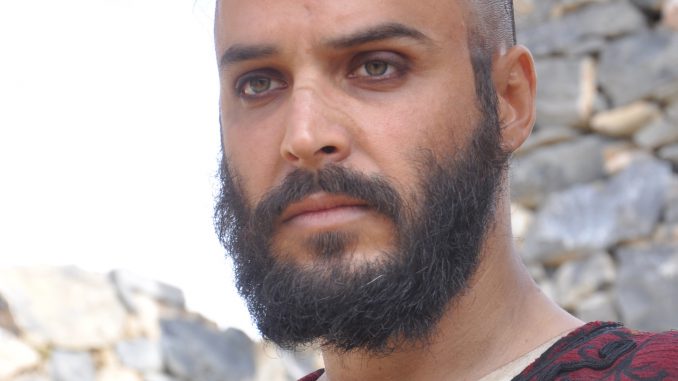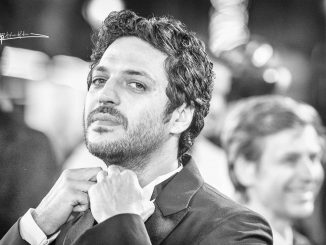
The Franco-Moroccan star Assaâd Bouab has all the skills likely to enable him to be an international star, starting with his grace and charisma, without forgetting his undeniable talent as an actor.
Assaâd Bouab wants to select his roles carefully. This explains the rarity of his appearances in Moroccan cinema, as he prefers to participate in foreign works. Thus, its popularity within Morocco remains low compared to that of other Moroccan actors.
Assaâd Bouab began his career in film in the early 2000s by participating in the short film “9 Minutes 41” by director Ali Benchekroun. But the Moroccan public will only really have the opportunity to discover him when he participates in Laila Marrakchi’s “Marock” in 2004, a film that caused great controversy in Morocco, because it dealt with a love story between a Muslim woman and a Jew and highlighted many taboos, thus attracting the wrath of the Islamist currents who demanded a ban on its broadcasting.
A year later, Assaâd Bouab will participate in a famous film, which has been the subject of much media hype in France and has been very successful with critics and audiences alike. It was the film “Indigènes” by the French-Algerian director Rachid Bouchareb, before the French-Moroccan director Nabil Ayouch asked him to play in “Whatever Lola wants” in 2008, the same year he played wonderfully in the film “Kandisha” by the Moroccan Jewish director Jérôme Cohen-Olivar.
Then, he turned away from Moroccan works until Ayouch convinced him again to make a short scene in his latest film “Razzia”.
With regard to television, Assaâd Bouab played a role in the fifth part of the famous American series “Homeland” in 2015, just as he participated in the French series “Kabàul Kitchen”, or in the series “Ghoul” in 2016, which was shot in Morocco by the French Jean Luc Herbulot.
Assaâd Bouab was born in July 1980 in France to a Moroccan father and a French mother, but he spent his childhood and much of his youth in Morocco before settling in Paris in 1998, where he enrolled in the “Cours Florent” to follow a three-year theater training course, just after obtaining his baccalaureate from the famous Lycée Descartes in Rabat, from which a large part of the Moroccan elite come.



Be the first to comment